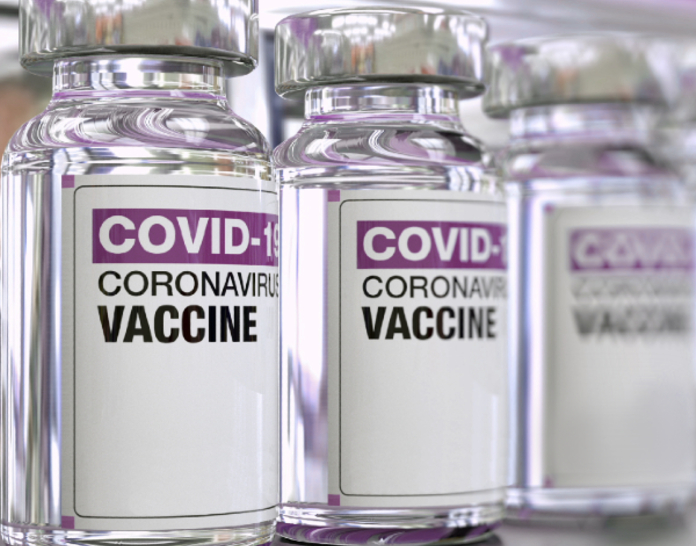
Blood clots, deaths from Astra-Zeneca vaccine make young women wary
UK health officials are seriously worried that young women may very well refuse to take the Astra-Zeneca vaccine since most of the rare blood clotting cases so far have occurred in that particular age group and gender. Till date, seven people have died out of the 30 people who developed this kind of rare blood clots which were linked to the vaccine, said a UK medical regulator.

UK health officials are seriously worried that young women may reject the Astra-Zeneca vaccine since most of the rare blood clotting cases so far have occurred in that particular age group and gender. Seven people have died out of the 30 who developed a rare kind of blood clotting after taking the Astra-Zeneca coronavirus vaccine, said a UK medical regulator on Saturday
Two-thirds of these patients who developed these blood clots after getting vaccinated with the Astra-Zeneca vaccine have been young women. So, this may make them cautious and dent their faith in the vaccine, health officials fear as an outcome of this recent deaths, media reports said.
Though, official figures stated that out of the 18 million doses of the vaccine administered so far in the UK, 30 cases of rare blood clots and seven deaths have emerged as a serious fall-out of the vaccine. However, concerns about the Astra-Zeneca’s vaccine link to blood clotting events have been growing in the recent weeks.
Also read: WHO finds no blood clot link to AstraZeneca vaccine
The blood clot in the brain called cerebral venous sinus thrombosis (CVST) is often accompanied by a low platelet count in these patients. The syndrome of blood clots and low platelets appears to be similar to a condition sometimes seen in patients, who have been given the blood-thinner heparin, health officials said.
Investigations are under way to determine if the AstraZeneca vaccine is causing the very rare blood clots.
Since these instances of blood clots are being seen in younger people, Germany and the Netherlands have in fact stopped giving the vaccine to people under 60. Experts felt that there is still no clarity on the subject and “clearly more work needs to be done”, but evidence was moving towards it being causally related.
International health agencies like European Medicines Agency and the World Health Organisation however have said that it is still not been “proven” that the blood clots were caused by the jab. Experts continue to reiterate that the benefits of the vaccination far outweigh the risks given the danger posed by Covid.
Moreover, health regulatory agencies and Kate Bingham, who led the UK Vaccine Taskforce pointed out that Astra-Zeneca was being unfairly treated but they were actually “heroes” for having devised a “safe, effective drug” that was easy to deploy to the world.
Also reads: AstraZeneca’s US entry in doubt as panel accuses it of including outdated info
Meanwhile, UK will get another new vaccine, Novavax in a matter of weeks. The company is expected to get nearly 2,000 litres of its NVX–CoV2373 vaccine ready once it gets approval from Britain’s medicine regulators.
This new vaccine is supposed to bring much-needed relief to Britain’s vaccine drive, which has slumped due to supply issues. India too recently blocked the export of the Astra-Zeneca vaccine from Pune’s Serum Institute to the UK.
Novavax said its current vaccine has 96.4% efficacy against the Wuhan strain, 86% against the UK variant, and 55% for the South African strain.

